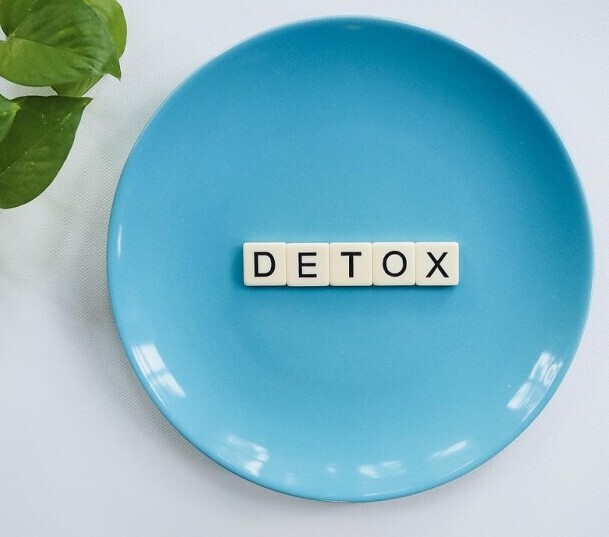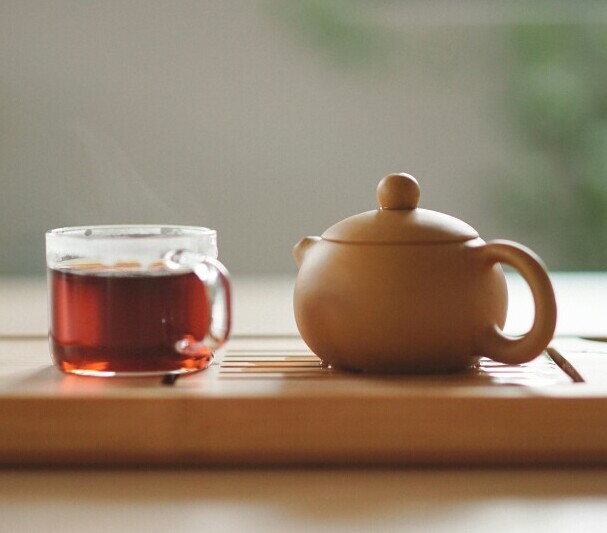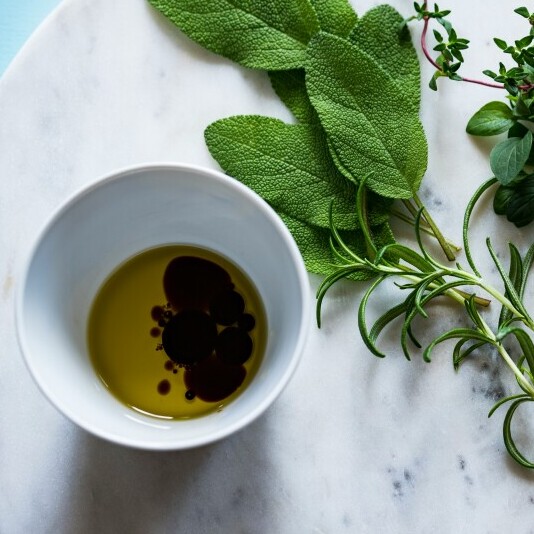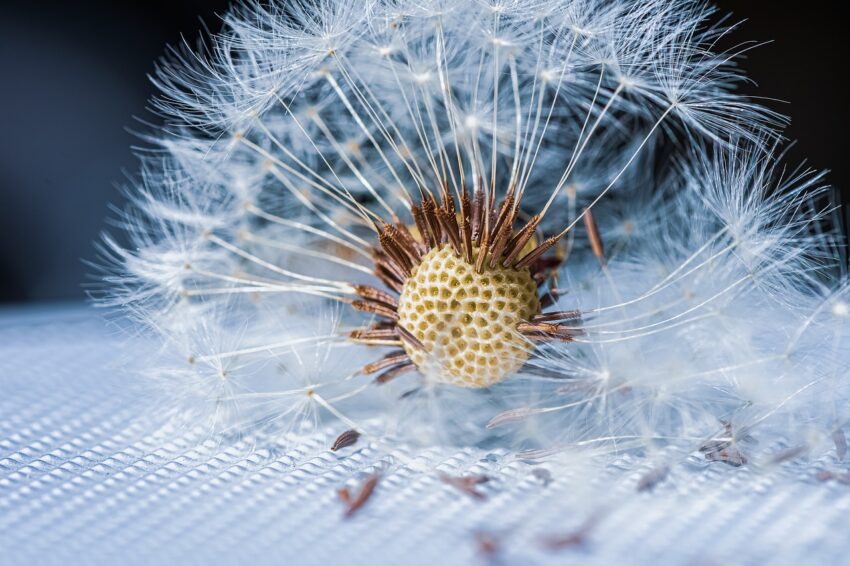Dandelions aren’t just pesky weeds that mess up your perfect lawn; they’ve been used for centuries in traditional medicine. Known for their bright yellow flowers, these hardy plants offer more than meets the eye, particularly when it comes to potential health benefits. Dandelion leaf and root teas are brewed from different parts of the plant, each delivering unique flavors and potential benefits.
While both parts come from the same plant, dandelion leaves and roots have distinct differences. The  leaves provide a more delicate, grassy flavor, often likened to green tea, while the roots offer a rich, earthy taste similar to coffee. Knowing which part suits your palate can enhance your tea-drinking experience. When you Delve into their production, traditional brewing methods emphasize extracting maximum goodness from these common plants. Some prefer to simply steep the leaves or roots in hot water, while others like roasting the roots first for an extra depth of flavor. Experimentation is key, and finding your preferred brew can be a delightful journey.
leaves provide a more delicate, grassy flavor, often likened to green tea, while the roots offer a rich, earthy taste similar to coffee. Knowing which part suits your palate can enhance your tea-drinking experience. When you Delve into their production, traditional brewing methods emphasize extracting maximum goodness from these common plants. Some prefer to simply steep the leaves or roots in hot water, while others like roasting the roots first for an extra depth of flavor. Experimentation is key, and finding your preferred brew can be a delightful journey.
The Science Behind Dandelion Tea Benefits
Packed with nutrients, dandelion teas are more than just a nice hot beverage. This little plant is loaded with vitamins A, C, and K, as well as minerals like potassium and magnesium. This is a marvelous mix that contributes to its powerhouse status.
 One of the primary benefits touted by fans is its potential to aid detoxification. Its diuretic properties can promote liver health by helping flush toxins out of your system. Additionally, dandelion leaf and root have been associated with improved digestion, given their ability to increase bile production.
One of the primary benefits touted by fans is its potential to aid detoxification. Its diuretic properties can promote liver health by helping flush toxins out of your system. Additionally, dandelion leaf and root have been associated with improved digestion, given their ability to increase bile production.
Scientific studies are catching up with age-old tradition, providing concrete evidence on these health claims. Research has shown potential anti-inflammatory effects, giving it a role in supporting overall immune health. Yet, while the benefits seem promising, moderation is key.
Worth noting, though, is the need for a bit of caution. People with certain health conditions—such as gallbladder issues—should consult a healthcare provider before incorporating it into their daily routine. Like any herbal remedy, it’s important to know what works for you.
NOTE: I am not a doctor, just a person who loves tea and researches the benefits of drinking tea. You should always check with your doctor to ensure its ok. – Shirley
My Personal Journey: Why I Drink Dandelion Tea Daily
I started sipping on dandelion tea daily for a simple reason: curiosity. I had heard about its slew of benefits, especially anti-inflammatory wise; and being a tea enthusiast and wanting to beat some of body aches, jumping on this herbal train was a no-brainer. After a few weeks, I noticed the subtle changes it brought to my normal routine.
Energy levels were one of the first things I observed. It wasn’t a caffeine rush like coffee but more of a steady alertness throughout the day. My digestion seemed smoother, too, which was a pleasant surprise as well as helping with my inflammation (I drink several herbal teas for this). While it’s not a miracle elixir, the combination of those little improvements is why it has a permanent spot in my tea pantry.
 Incorporating it into my life was easier than expected. Started with rooting it into my morning routine, substituting my second coffee cup with this herbal wonder. The process was about consistency rather than drastic change.
Incorporating it into my life was easier than expected. Started with rooting it into my morning routine, substituting my second coffee cup with this herbal wonder. The process was about consistency rather than drastic change.
Clearing up common misconceptions along the way was enlightening. Despite what people might think, dandelion tea isn’t bitter if brewed correctly. It’s that kind of thing where you need to experiment with brewing times and methods to hit your personal sweet spot. (Especially if you are like myself and add a little raw honey). Anyone feeling hesitant can try starting with blends that combine the root with other teas, easing into the unique taste slowly.
Getting Started: Where to Buy and How to Choose High-Quality Dandelion Tea
Navigating the world of dandelion tea can feel like stepping into a whole new tea dimension. The key is finding a tea that matches your quality expectations and taste preferences. I’ve learned a few tricks to help anybody looking for genuine and tasty teas.
When browsing through options, labels become your best friend. Organic products often ensure that  you’re getting a pesticide-free experience, which is important for any daily consumable. Reading labels allows you to spot if what’s inside is the real deal and not just filler.
you’re getting a pesticide-free experience, which is important for any daily consumable. Reading labels allows you to spot if what’s inside is the real deal and not just filler.
Finding high-quality dandelion tea might start right in your local supermarket, with some brands placing these products on the health food aisle. For a broader range, including organic and artisanal blends, online stores offer a plethora of choices. Websites like Amazon or specific herbal tea suppliers have plenty of options, with customer reviews helping guide your selection.
A few favorite brands have stood out to me, such as Traditional Medicinals and Buddha Teas, known for maintaining high standards in their herbal selections. It’s worth exploring these popular names or trying others, including local options if you have access to health food stores.
Experimenting with a few different brands and blends can lead you to discover your own personal favorites, and will make your daily cup of dandelion tea something special.
Here’s some links to purchase dandelion tea:
NOTE: I am not a doctor, just a person who loves tea and researches the benefits of drinking tea. You should always check with your doctor to ensure its ok. – Shirley
Also See Our Privacy Policy
Affiliate Links
This page may contain affiliate links, which, if clicked on will take you an item, its information and images of it. If you choose to purchase the item, I receive a small commission -Shirley
Comments
I enjoy getting comments and questions, please leave yours below – Shirley


Comments